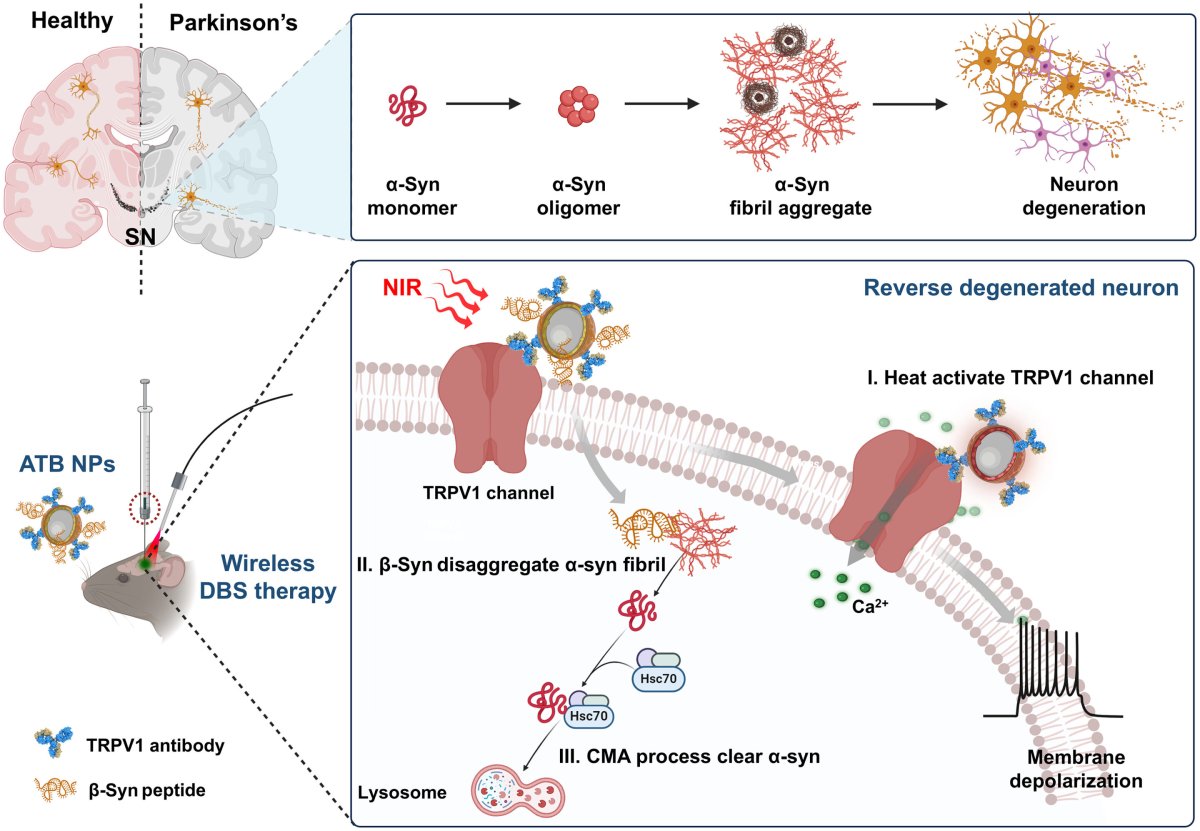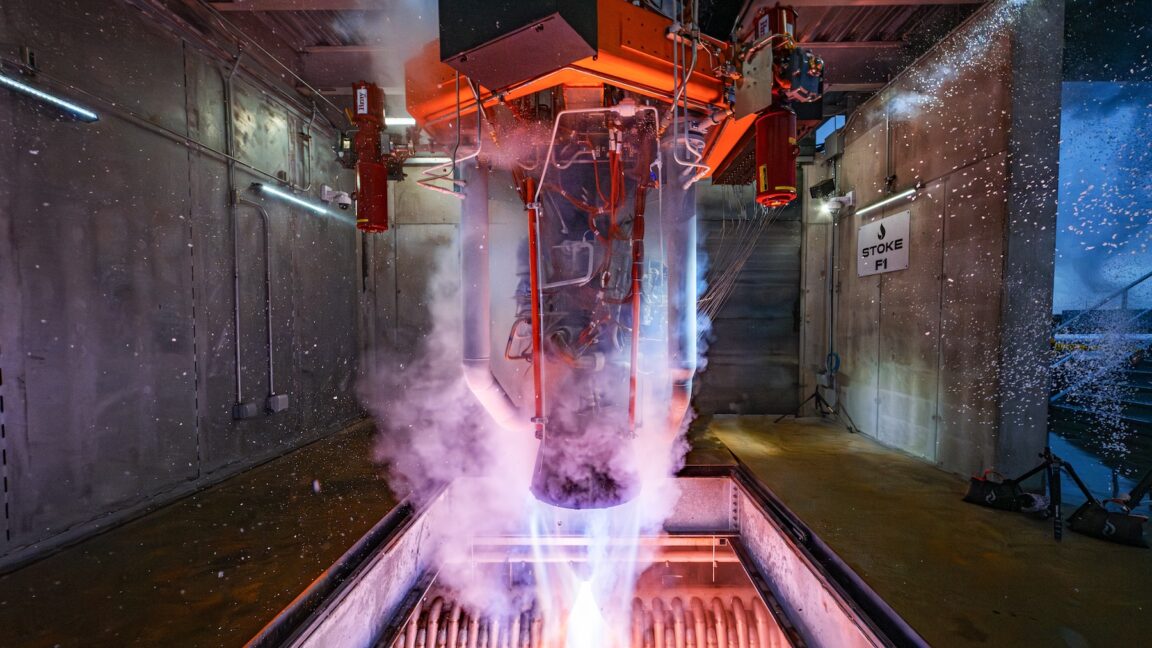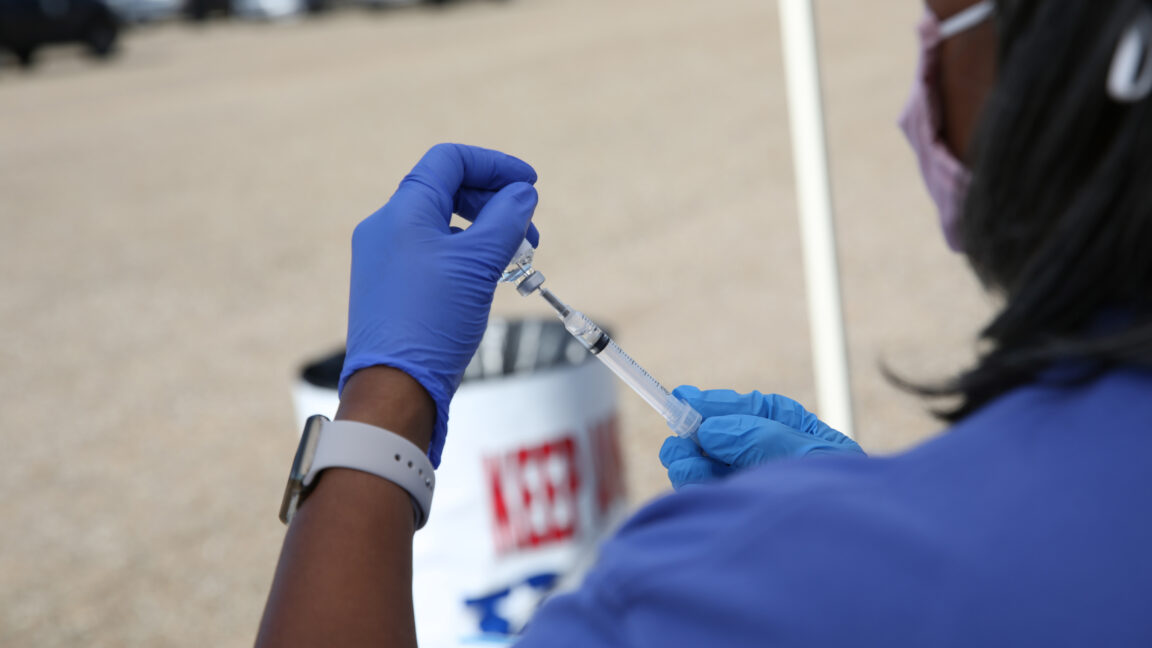Parkinson's Disease Reversed by Brain-Stimulating Nanoparticles

Injections of nanoparticles into the brain could reverse the symptoms of Parkinson's disease in a less invasive manner than existing treatments, reducing side effects like anxiety, cognitive decline and depression.
This is the conclusion of researchers from China who have shown that injections of the particle into the brains of mice — and their activation with lasers — can reduce the characteristic movement-related symptoms of the disease.
The second-most-common neurodegenerative disorder, Parkinson's disease manifests via such motor problems as impaired balance, slow movement, muscle stiffness and tremors. According to the Parkinson's Foundation, nearly a million Americans are living with Parkinson's disease—a figure expected to rise to 1.2 million by the decade's end.











